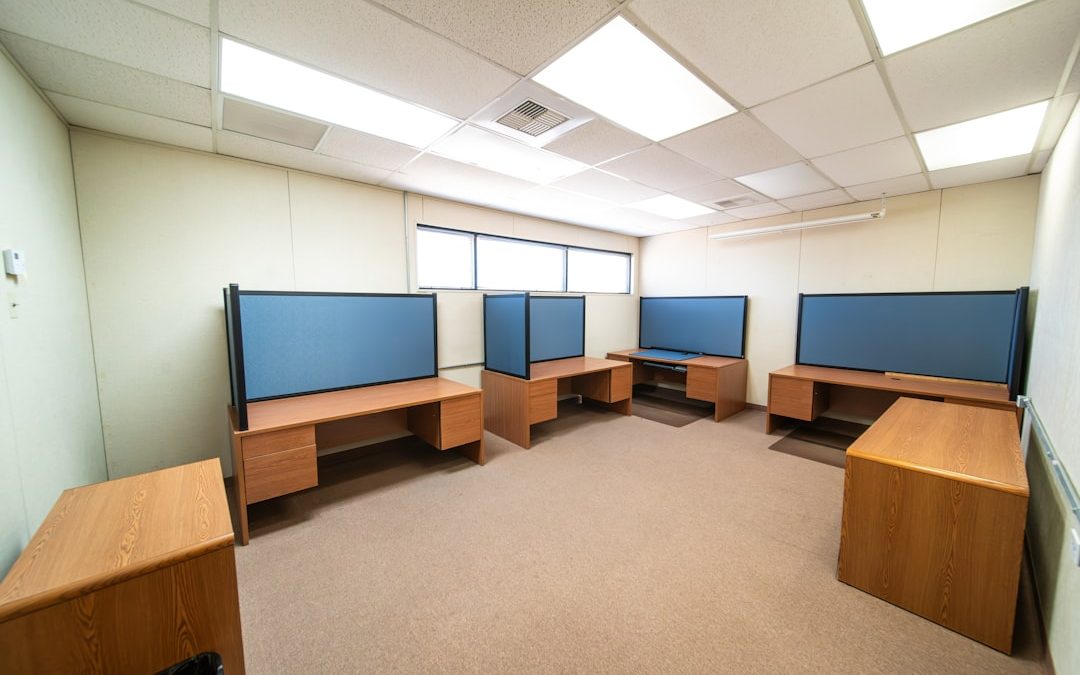In 2025, the need for robust building security systems has never been more critical. With the rapid digital transformation across sectors and the growing need for agile, scalable, and intelligent access control solutions, one technology platform stands out: Lenel Cloud Access Control. As organizations seek safer, smarter, and more integrated approaches to securing their facilities, Lenel’s cloud-based solutions are redefining how physical access is managed across the United States.
The Shift to Cloud-Based Access Control
Security professionals have traditionally relied on on-premises systems to monitor and manage building access. While these systems provided a degree of control and reliability, they were often expensive to maintain, difficult to upgrade, and limited in their ability to scale without significant hardware investments.
Cloud-based access control, particularly solutions offered by Lenel, has disrupted this status quo. The Lenel Cloud Access Control platform allows organizations to move critical access management functions to the cloud, enabling real-time monitoring, rapid execution of security protocols, and integration with other digital systems. In doing so, it delivers not just convenience, but a whole new level of intelligence to building security.
Top Benefits of Lenel Cloud Access Control in 2025
Security and facilities managers across the U.S. are turning to Lenel’s advanced cloud solutions for several persuasive reasons. The platform offers a range of features that are directly addressing the evolving needs of modern building infrastructure.
- Real-Time Monitoring and Remote Management – Administrators can monitor access events, respond to alerts, and lock or unlock doors from any device connected to the internet, improving response times during emergencies.
- Scalability – Whether you’re managing a small business or a nationwide enterprise, Lenel’s scalable model makes it simple to add or remove doors, users, and sites without heavy capital investment.
- Enhanced Security – Cloud architecture ensures data redundancy, automatic updates, and encrypted communication, reducing the risks associated with outdated on-premises systems.
- Integration with Other Systems – Lenel seamlessly integrates with video management, intrusion detection, and identity verification systems to provide a comprehensive security ecosystem.
- Reduced IT Burden – With no need for on-site servers or local maintenance, the IT overhead is significantly reduced, enabling IT teams to focus on broader enterprise priorities.

How It’s Being Implemented Across the U.S.
From corporate campuses and financial institutions to healthcare facilities and government buildings, Lenel Cloud Access Control is being adopted at an accelerating rate. One reason for this trend is the platform’s ability to adapt to both new and legacy infrastructure. Whether a building already has older locking mechanisms or is newly constructed with smart technology in mind, Lenel provides retrofit-friendly solutions that reduce installation costs and disruptions.
In the education sector, universities have found in Lenel a flexible platform that addresses their unique access control challenges. With thousands of daily visitors, students, faculty, and staff, securing access to dorms, labs, and administrative buildings while maintaining user convenience is a monumental task. Lenel’s platform offers centralized control, real-time user management, and instant lockdown capabilities, which have proven vital in crisis response scenarios.
In healthcare, facilities like hospitals and clinics depend on Lenel for safeguarding sensitive areas such as operating rooms, pharmacies, and data centers. The cloud system allows security to be dynamically adjusted based on the needs of each department, and it provides audit trails crucial for compliance with HIPAA and other regulations.
The Impact of AI and Machine Learning
What sets Lenel apart in 2025 is not just its cloud capability, but how it leverages emerging technologies like artificial intelligence (AI) and machine learning (ML). These intelligent components enhance decision-making and elevate the precision of access control. By analyzing access patterns, Lenel can identify anomalies—such as a user accessing a facility at atypical times—and alert administrators in real time, often before a security event occurs.
This predictive capability is revolutionizing what it means to have a “secure” building. By shifting from reactive to proactive security strategies, organizations can better protect both their physical assets and their personnel. Moreover, ML algorithms learn over time, becoming more effective at spotting irregularities and recommending improvements.
Enhancing User Experience and Operational Efficiency
Security should not be a barrier to productivity or convenience. Lenel’s cloud platform ensures that authorized personnel can easily and quickly gain access to the areas they need to perform their roles. The integration of mobile credentials, biometric verification, and multi-factor authentication has made the system both more secure and more user-friendly.
Mobile access via smartphones is a particularly popular feature. Employees can unlock doors using secure digital credentials stored on their phones, eliminating the need for physical keycards that can be lost, stolen, or cloned. Additionally, facility visitors can be pre-registered and issued temporary access credentials via email or text, streamlining the check-in process and reducing wait times.

Operationally, the analytics dashboard provided by Lenel offers rich insights into facility usage, highlighting trends in building occupancy and resource utilization. This data helps facilities managers make informed decisions about staffing, lighting, HVAC usage, and more, contributing to cost savings and sustainability goals.
Regulatory Compliance and Future-Proofing
One of the key concerns among enterprises in 2025 is regulatory compliance. From GDPR-like privacy laws to industry-specific mandates in banking or healthcare, the stakes are high. Lenel’s cloud platform is designed with compliance in mind. Its logging and audit functionalities, role-based access controls, data encryption, and regular updates help organizations meet or exceed their regulatory responsibilities.
What’s more, by choosing a cloud-native solution, businesses are future-proofing their security infrastructure. As new threats and requirements emerge, Lenel’s cloud model allows for easy upgrades and feature enhancements, keeping organizations ahead of potential vulnerabilities.
Case Studies Reflecting Success
Several case studies across the country underscore the effectiveness of Lenel Cloud Access Control:
- Midwest Financial Institution – After migrating from an aging on-premises solution, the company improved employee access times by 35% and automated 90% of its access provisioning processes.
- East Coast Tech Campus – Integrated identity management with access control, allowing for seamless onboarding and offboarding of staff while complying with strict IT policies.
- California Hospital System – Used Lenel’s predictive analytics features to prevent unauthorized access attempts in sensitive wards, leading to improved patient safety and compliance.
Conclusion: A New Era of Building Security
As 2025 progresses, the security landscape continues to evolve at a rapid pace. Physical security can no longer exist in a silo; it must integrate seamlessly with IT systems and adapt as organizational needs change. Lenel Cloud Access Control offers the agility, intelligence, and reliability that modern businesses demand.
By centralizing access control in the cloud and coupling it with advanced analytics, integration options, and a focus on user experience, Lenel is helping to create safer, more responsive buildings. For organizations across the United States, this represents not just a transformative innovation, but a necessary step toward preparing for the security challenges of the future.
yehiweb
Related posts
New Articles
0800 033 8055 UK Freephone Call Warning: How To Avoid Scams And Protect Your Data
Unexpected phone calls that appear to come from trusted or official-looking numbers are a growing concern across the UK. One…


